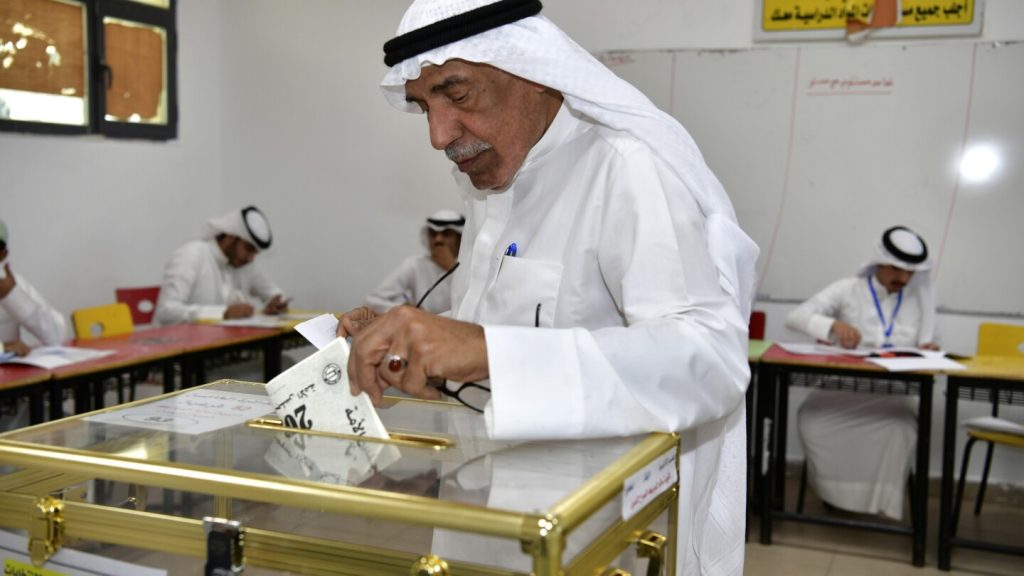Kuwait recently held its national elections for the fourth time in as many years as the oil-rich country aims to break out of its longstanding political gridlock. The elected assembly in Kuwait holds more power than most in the Arab world but has historically been at odds with the government, which is appointed by the royal family. These elections come after Sheikh Meshal Al Ahmad Al Jaber assumed power following the death of his half brother in December. The new emir dissolved parliament in February after a lawmaker reportedly insulted him. Voters had to choose among 200 candidates to fill 50 seats in the assembly, with no political parties participating in the election. Domestic political disputes, including over changes to the country’s welfare system, have hindered Kuwait from taking on debt, despite its immense wealth from oil reserves.
Kuwait has faced ongoing challenges in its political landscape, leading to multiple dissolutions of parliament in recent years. Last year, the Constitutional Court of Kuwait annulled a decree from 2022 that overturned another such annulment. The late emir then proceeded to annul parliament again and held a new election for a fresh parliament last summer, only to have it annulled once more with the February decision. These repeated disruptions signify the deep-seated political tensions present in Kuwait despite its efforts to maintain a functioning democratic system.
With a population of around 4.2 million people, Kuwait is slightly smaller than the U.S. state of New Jersey and boasts the world’s sixth-largest known oil reserves. The nation has been a loyal ally of the United States since the 1991 Gulf War, where the occupying Iraqi forces of Saddam Hussein were expelled. Kuwait currently hosts approximately 13,500 American troops and serves as the headquarters of the U.S. Army in the Middle East. Despite its close ties with the U.S., Kuwait stands out among Gulf Arab countries as it possesses a democratically elected parliament that provides some level of oversight over the ruling family, who still hold significant power in appointing the government and dissolving the assembly as needed.
The recent elections in Kuwait are crucial for the country’s efforts to navigate its political challenges and ensure stability moving forward. The lack of a formal party system in Kuwait adds complexity to the political landscape, making it essential for elected representatives to negotiate and collaborate effectively to address the nation’s pressing issues. The outcome of these elections will play a significant role in shaping Kuwait’s future direction, particularly in managing its economic resources and addressing the demands of its public sector employees. As Kuwait continues to grapple with internal political disputes and economic pressures, the successful formation of a new parliament following these elections will be key to advancing the country’s development and prosperity.
Overall, Kuwait’s national elections mark an important milestone in the country’s ongoing efforts to overcome political gridlock and tackle pressing economic challenges. The significance of these elections goes beyond the mere process of voting, reflecting the broader struggle for political stability and effective governance in Kuwait. With the country’s rich oil reserves and strategic position in the Gulf region, the outcome of the elections will have far-reaching implications for Kuwait’s future trajectory and its relationship with key international partners, including the United States. As Kuwait looks to chart a path forward in a rapidly changing global landscape, the results of these elections will be closely watched both domestically and internationally as a barometer of the country’s political and economic fortunes.


